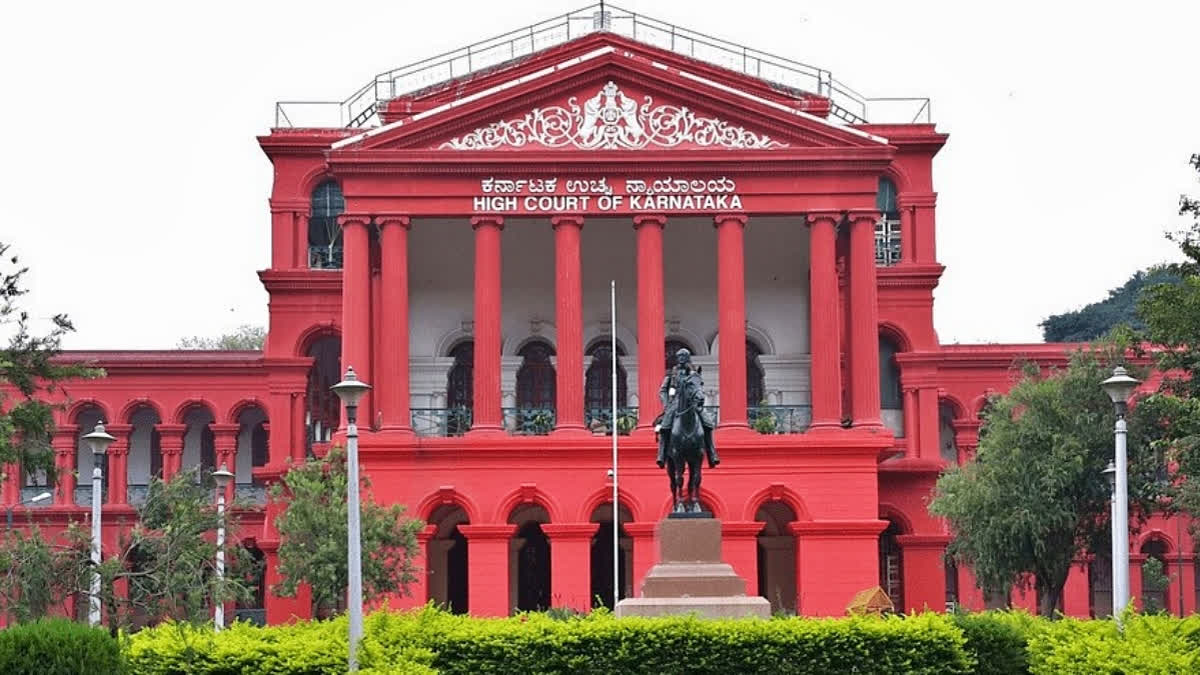Bengaluru (Karnataka): The Karnataka High Court has granted interim relief to BJP chief and Union Health Minister JP Nadda and BJP IT cell head Amit Malviya in connection with the case of an Instagram post claiming that Congress party would redistribute the wealth to the Muslims if it comes to power.
A single-judge bench headed by Justice Krishna S Dixit passed the order after hearing a petition filed by JP Nadda and Amit Malaviya seeking quashing of the FIR registered at the Kalaburgi cyber station. The High Court has also granted an exemption to the personal appearance of JP Nadda and Amit Malaviya for an inquiry.
The case has to be considered in detail. A notice has been issued to the Karnataka government and an urgent notice has been ordered to the second respondent. The investigation may continue. However, the investigating officer should not direct the applicants - JP Nadda and Amit Malaviya - to appear in person, the order said.
Only Section 125 of the Representation of the People Act is applicable in this case, the rest of the sections were not applicable, Nadda's lawyer M Vinod Kumar argued.
Allow us to investigate. we will not take malicious action against them, Additional Special Public Prosecutor (ASPP) BN Jagadish argued. The bench questioned whether the personal presence of the petitioner was required or not. After the ASPP agreed that their personal presence was not required, the court allowed the investigation, and granted relief to the applicants.
During the 2024 Lok Sabha elections, an animated video of former Congress chief Rahul Gandhi and Prime Minister Narendra Modi was published on BJP's Instagram account. In that video, it is said that "if Congress comes to power, the property of non-Muslims will be taken away and given to the Muslim community".
Objecting to this video, Praveen Kumar Patil of Jewargi taluk of the Kalaburgi district filed a complaint in the cyber police station of Kalaburgi. Following Patil's complaint, a case was registered against JP Nadda and Amit Malaviya under sections of the Representation of the People Act, Information Technology Act and the IPC section.
